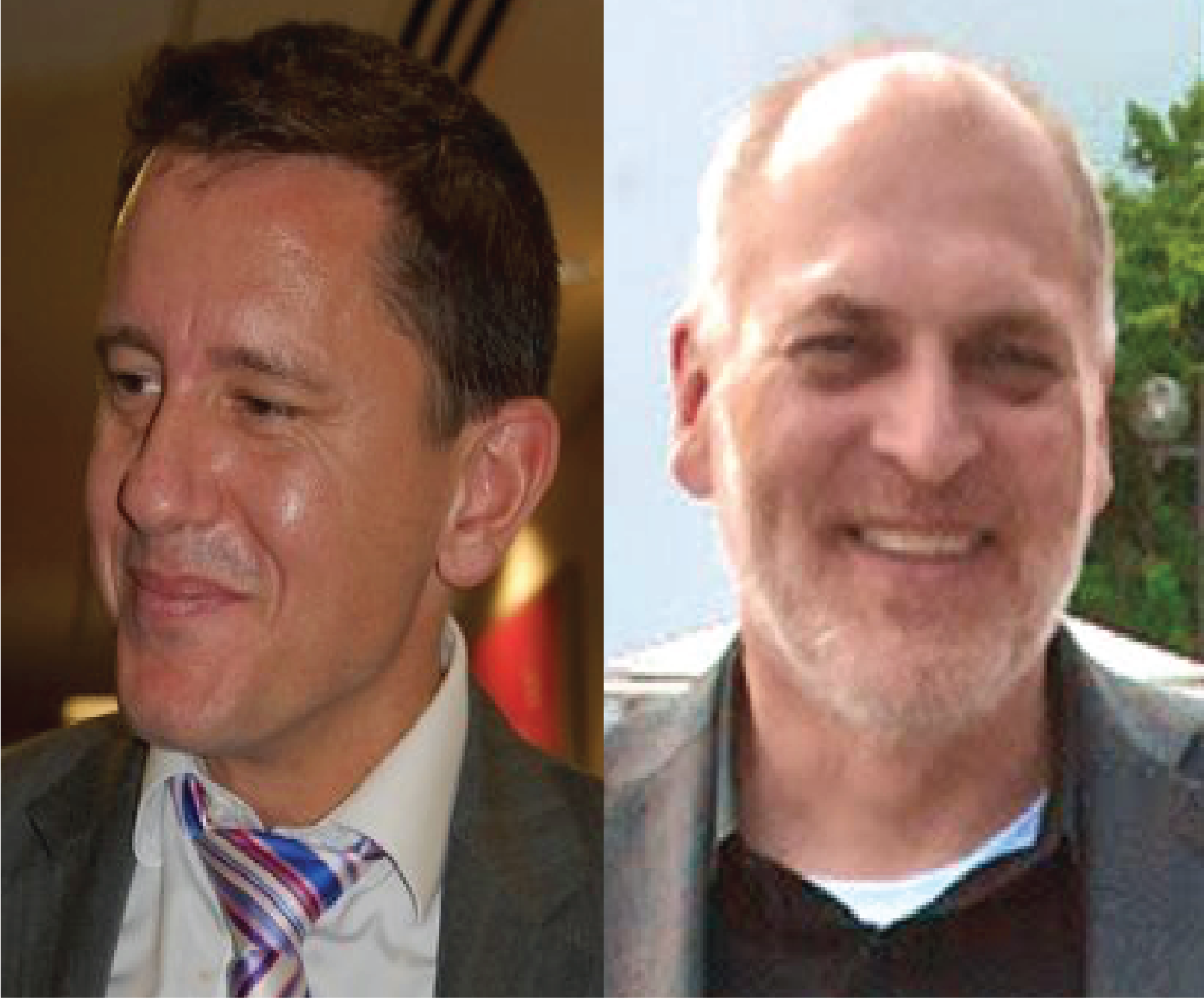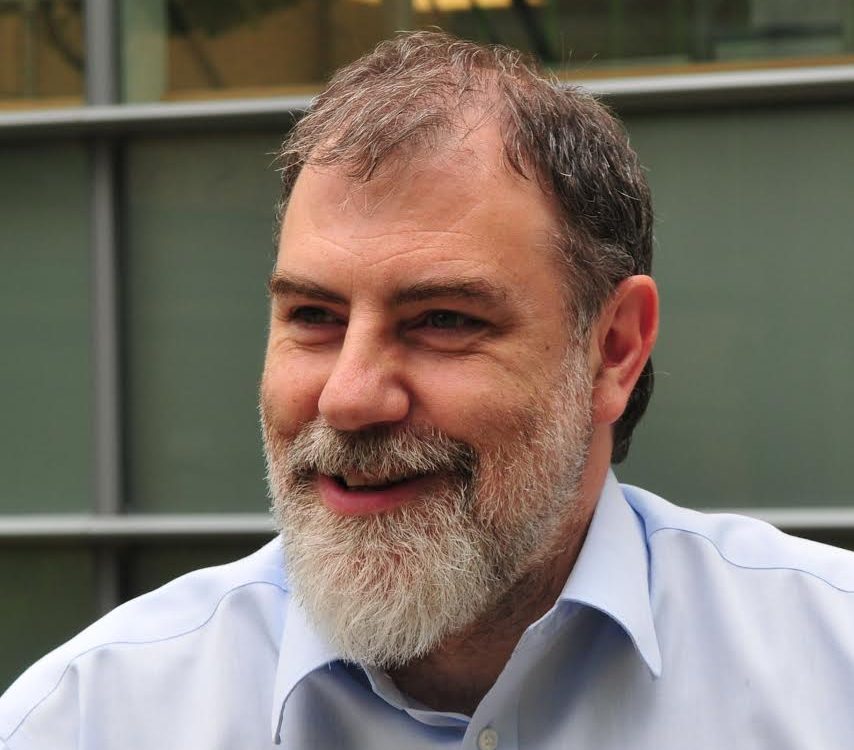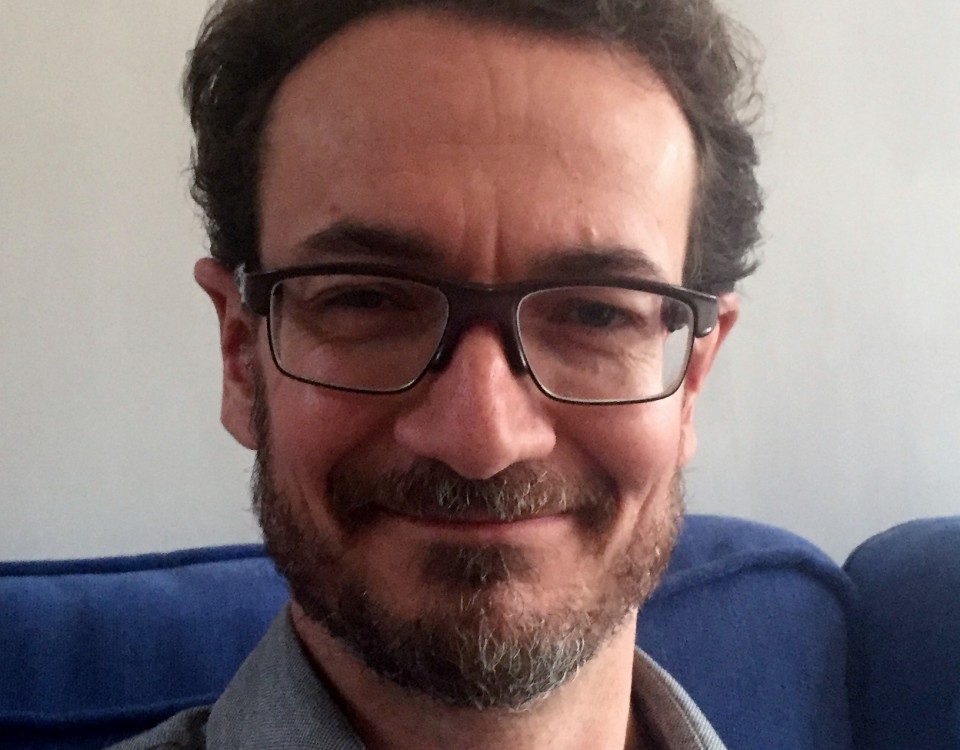When Darwins theories of evolution were substantiated by Mendel and Correns society found itself having to rapidly adapt to bioethical questions posed by these advances. Should we be tampering with nature? Can we choose the type of community we have? Earthquake moments kept coming; the discovery of chromosomes, genetic modification and recent advances in information technology, data storage and analysis. We are forced to ask questions on data privacy, security and sharing against a background of ever expanding data availability.
Informatics and analytical technologies allow us to explore the link between our genes and disease on an industrial scale. Vast fields of data can now be produced, integrated and analysed, an irresistible potential for discovery.
Having chaired the Human Genome Organisation (HUGO) International Ethics Committee, and been a member of UNESCOs International Bioethics Committee (IBC); few people on earth are better placed to understand the bioethical questions than eTRIKS Ethics Board member – Professor Bartha Knoppers.
“Genetic analysis is fast becoming the new way to diagnose patients.”
This is a really exciting time to be involved in research and clinical trials. However, the power of genetic research crosses very distinct social and political lines. These lines include privacy of the individual and their family members, data, security, intellectual properties, access rights and the needs of society for services such as medical treatment. These questions are not new and there are distinct parallels with other fields such as information technology and social management. Although there has been more than a century of debate, the socio-ethical questions were not really addressed at an international level until the advent of the Human Genome Project (HGP).
During the nineteen eighties the HGP was proposed in the USA. The project leads envisioned a multistate collaboration that would sequence the human genome. A key meeting in the process leading to the funding of the project was held at Cold Spring Harbor in 1988. During this meeting, the Human Genome Organisation (HUGO) was established so that genomic scientists would have an international scientific platform to help coordinate and foster collaborations around the world, and a means for the international community to see what was being worked on. Within this organisation a key committee was formed, The International Ethics Committee.
Alongside the foundations and industry, the US National Institutes of Health and the Department of Energy were given the go ahead to support the Human Genome Project by the US Congress in 1991. This was the first time a Public Private Partnership was formed to sequence the human genome.
As this was a world first and in the absence of specific international ethical guidance for genetic research, HUGO`s Ethics Committee was tasked to prospectively provide ethical and legal advice for genetics researchers. The guidance could then be employed by each interested state to develop legislation that would be used to govern genetic research at a national level. This Committee developed ten statements.
In 1994, Bartha Knoppers and Ruth Chadwick published a review describing the international ethics landscape since the conception of HUGO. Citing a number of reports and legal actions Knoppers and Chadwick highlighted five principles that it was believed underscored international consensus, namely: autonomy, privacy, justice, equity and quality out of respect for human dignity (Knoppers and Chadwick 1994).
Bartha was by now the chair of HUGO`s Ethics Committee. These principles contributed to the discussions of UNESCO, who entrusted its International Bioethics Committee to prepare the foundation for regulation of genetic research within a Universal Declaration on the Human Genome and Human Rights.
The Declaration in its twenty-five articles lays down guidance for those who plan to research the human genome and any associated application. It highlights the need to respect human dignity and human rights as well as providing guidance on how genetic research should be conducted. The 2003 International Declaration on Human Genetic Data adds to these principles by providing guidance on the collection, processing, use and storage of human genetic, proteomic data and the biological samples from which they are derived. Interestingly, in 2005 a UN Declaration on Bioethics and Human Rights was laid down, and this focused on consent, privacy, sharing and the rights of future generations (UNESCO website).
UNESCOs serial release of declarations addressing concerns around data highlights the need to continuously review the technological and ethical landscape in genetics research so that progress does not outgrow human rights as laid out by the declaration of human rights. Bartha understands this only to well, periodically linking with Ruth Chadwick again in 2005 and 2015 to review the bioethical landscape.
“Every ten years we sit down and ask what has changed, what is reinforced and what are the new priorities? We provide personal views and reflections of what we see in the field. Data intensive science has opened doors to profound informational concerns. It easily follows the release of the genome itself as a huge ethical concern.”
Bartha and Ruth highlight in their latest review that governance, security, empowerment, transparency, the right to know and globalization as the latest ethical concerns that should be the focus of new debate (Bartha Knoppers and Ruth Chadwick 2015).
“The ethical issues are highly interrelated and there is no quick fix for their regulation on the international stage”
“Clinical trails are very well monitored, but breaches do happen, either intentionally or more likely unintentionally. In data intensive science, you’re working within the virtual cloud. Essentially data is being controlled within the confines of a new environment, and subsequently fears around data privacy and for re-identification have grown exponentially. Accountability, security and governance are the three areas where we need data intensive guidance. What are the sanctions on those who misuse data?”
Bartha points to her recent efforts with the Global Alliance for Genomics and Health (GAGH) to provide guidance for new regulatory and ethical practices in data intensive scenarios. The main objectives of the GAGH are to provide a framework of harmonised approaches to enable effective and responsible sharing of genomic and clinical data. They do this by supporting projects that address key needs in the field, for example, data sharing platforms, guidelines on policy, accountability and consent, and also high-level information like the data-sharing lexicon (Bartha Knoppers 2014). The founding principles of the Alliance are much like those of HUGO and UNESCO in that they focus on respect and best practices in technology and ethics. But it goes further by actively fostering the development of ongoing collaboration, inclusivity, tool building and innovation. Principles Bartha saw enshrined in this years eTRIKS annual meeting in Berlin.
“eTRIKS is unique in translational research services because industry is intimately involved in the project. I very much like the scope of the stakeholders in this project. Particularly its international and even transatlantic structure.”
It is extremely challenging to work cohesively as the technological, political and ethical landscape regularly pushes groups back with new concerns and differences in perspectives. A key example of this is the cooling down of adherence to the Safe Harbor privacy principles recommended in 1980 by the Organisation for Economic Co-operation and Development. The principles made it easier for international companies to share within their confines personal data between the EU and US. The principles were later ratified by the European Union Safe Harbor Decision. Although many companies signed up to the principles, It was shown relatively recently in light of the Edward Snowden revelations that certain bodies were not adhering to the principles. Certain weaknesses in the Safe Harbor Decision rendered it invalid. Subsequently in 2016, the EU and US established a new framework for transatlantic flow of data known as the EU-US Privacy Shield. Access to data between the EU and US now has to meet this new higher standard.
“In spite of these types of issues it is inspiring to see projects like eTRIKS push forward their plans in translational research.”
In October of 2015 the health directorate of the Directorate-General for Research and Innovation at the European Commission organised in Luxembourg a workshop focusing on issues and funding pertaining to big data in health research. The delegates that included several eTRIKS members highlighted and discussed issues they felt were pertinent. The issues included:
- Patient registries
- Technical challenges related to electronic health records.
- Data analysis and computing infrastructures
- Computational modeling and simulation
- Data quality, acquisition, curation and visualisation
- Legal and regulatory concerns
- Research Infrastructures
- Privacy protection and data sharing policies
- Training and education
Based on their discussions, the group headed by eTRIKS Ethics work package co-lead Charles Auffray penned a position paper citing recommendations for an EU action plan (Auffray et al 2016).
These recommendations try to address the “valley of death” between research and product. Its important to grasp that genetics data is becoming the treatment. We will be treated by genetic information, making research the product. Consequently information science impacts everyone. Currently, the sheer volumes of data being produced are very difficult to employ. Information needs to be shared and simplified to help create new hypotheses, that can be confirmed by looking at medical research data in different ways. For this, the tools and regulations that govern those tools need to be made available. Multi-stakeholder collaborations like eTRIKS play a key role in the translational research services they provide the medical research community.
Understanding the biology behind the biomarkers enables the development of more focused and likely more successful treatments. Modern bioanalytics now enables huge throughputs of data that need innovative ways for its curation, storage and analysis. Attitudes towards greater sharing helps this effort. But we must be aware of the issues that come with new innovations in as data and security. Bioethics is influencing the proper conduct of research and its monitoring in the clinical trials through UNESCO, HUGO and the Global Alliance for Genomics and Health and multi-stakeholder projects that promote good practice in knowledge management like eTRIKS. Data is now the concern and sharing data must be paramount and this requires the efforts of all stakeholders to be on board. They need to share the same values and look for new outcomes.
Darwin’s evolution of the species deals with questions of survival, questions that are still very much part of today’s political and scientific agendas. Society demands that scientists develop treatments, but because society has become more inclusive, it also demands that scientists follow develop and adhere to transparent ethical paths. Bioethicists like Bartha Knoppers help to find those paths.
References
Bartha Knoppers and Ruth Chadwick, The human genome project: Under the international ethic microscope, 1994, Science, Vol 265.
Bartha Knoppers and Ruth Chadwick, The ethics weathervane, 2015, BMC Meeical Ethics, 16:58
Bartha Knoppers, Framework for responsible sharing of genomic and health related data, 2014, HUGO Journal, 8:3
Charles Auffray et al, Making sense of big data in health research: Towards an EU action plan, 2016, Genome Medicine, 8:71





